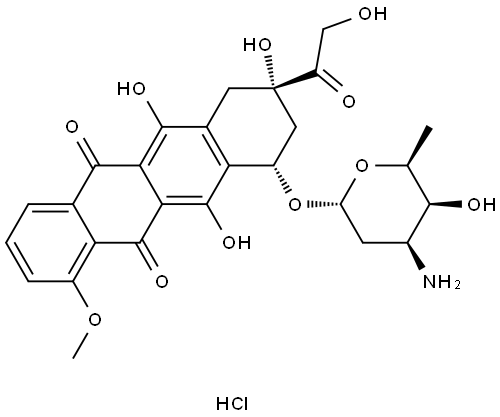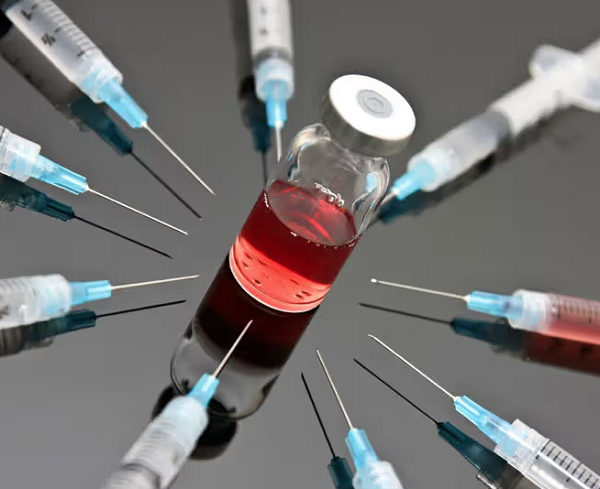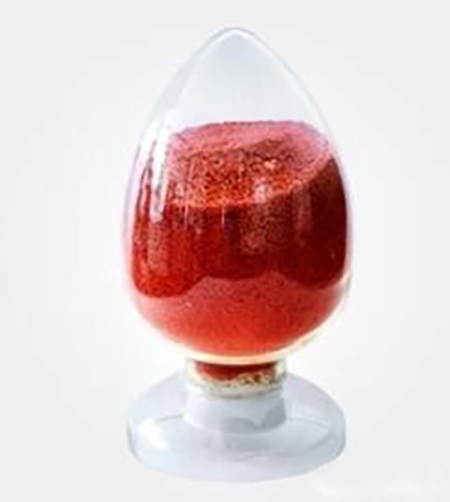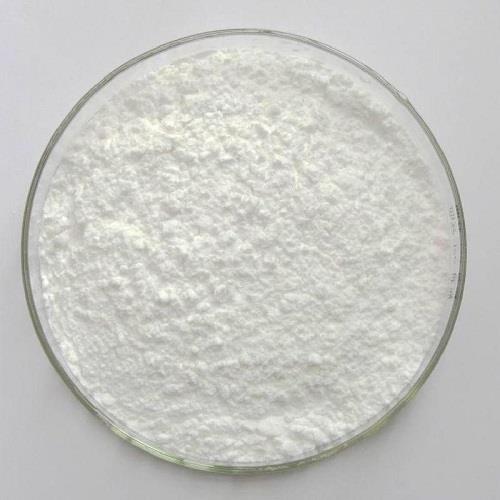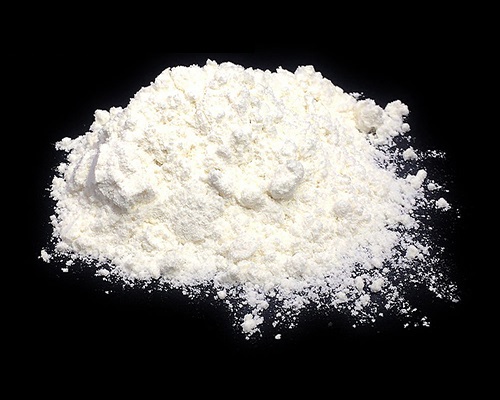Doxorubicin Hydrochloride: Anticancer Mechanisms and Highly Sensitive Determination
Description
Doxorubicin hydrochloride (DOX) known by the trade name of "Adriamycin", an efficient antitumor agent, is an antibiotic from the anthracyclines' family which has been extensively used in the treatment of a wide range of cancers. It demonstrates some antitumor activities against a broad spectrum of solid tumors such as breast and lung cancers.
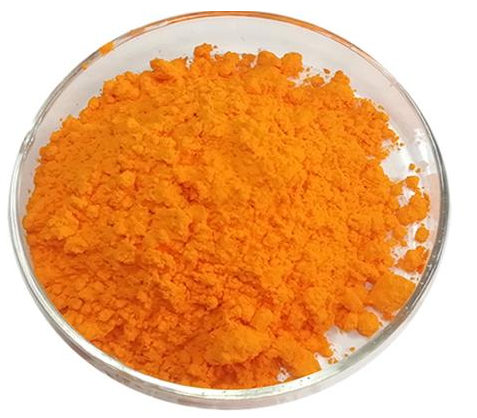
Uses
Doxorubicin hydrochloride is approved to be used alone or with other drugs to treat:acute lymphoblastic leukemia (ALL)、acute myeloid leukemia (AML)、breast cancer.
Anticancer Mechanisms
Doxorubicin hydrochloride interacts with DNA by intercalation and inhibition of macromolecular biosynthesis. This inhibits the progression of topoisomerase II, an enzyme which relaxes supercoils in DNA for transcription. Doxorubicin stabilizes the topoisomerase II complex after it has broken the DNA chain for replication, preventing the DNA double helix from being released and thereby stopping the process of replication. It may also increase quinone type free radical production, hence contributing to its cytotoxicity.By intercalation, doxorubicin can also induce histone eviction from transcriptionally active chromatin. As a result, the DNA damage response, epigenome and transcriptome are deregulated in doxorubicin-exposed cells.
Side effects
Common side effects include hair loss, bone marrow suppression, vomiting, rash, and inflammation of the mouth. Other serious side effects may include allergic reactions such as anaphylaxis, heart damage, tissue damage at the site of injection, radiation recall, and treatment-related leukemia. People often experience red discoloration of the urine for a few days.
Highly Sensitive Determination
Glassy carbon electrode modified with multi-walled carbon nanotubes (MWCNTs) decorated with gold nanoparticles has been investigated for the first time as an ultrasensitive electrochemical sensor for the determination of doxorubicin hydrochloride (DOX), an efficient antitumor agent. The developed nanocomposite has been characterized by scanning electron microscopy (SEM), besides cyclic and linear sweep voltammetry electrochemical techniques.
An efficient catalytic activity for the reduction of DOX has been demonstrated, leading to a significant increase in peak current density and a remarkable decrease in reduction over-potential. Under the optimal condition, a wide linear DOX concentration range from 1×10-11 to 1×10-6 M with a very low detection limit of 6.5 pM was achieved with the modified electrode. Meanwhile, the functionalized MWCNTs/gold nanoparticles indicated an appropriate selectivity, reproducibility, and repeatability as well as long-term stability. The promising outcomes of this research approved the applicability of the developed nanocomposite sensor towards trace amounts of DOX in pharmaceutical and clinical preparations.1
1. Sharifi J, Fayazfar H. Highly sensitive determination of doxorubicin hydrochloride antitumor agent via a carbon nanotube/gold nanoparticle based nanocomposite biosensor. Bioelectrochemistry. 2021; 139: 107741.
References:
[1] JAVID SHARIFI H F. Highly sensitive determination of doxorubicin hydrochloride antitumor agent via a carbon nanotube/gold nanoparticle based nanocomposite biosensor[J]. Bioelectrochemistry, 2021, 139. DOI:10.1016/j.bioelechem.2021.107741.Related articles And Qustion
Lastest Price from Doxorubicin hydrochloride manufacturers
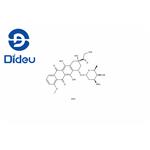
US $0.00/kg2025-05-23
- CAS:
- 25316-40-9
- Min. Order:
- 1kg
- Purity:
- 99%
- Supply Ability:
- 10000KGS

US $5.00-0.50/KG2025-05-07
- CAS:
- 25316-40-9
- Min. Order:
- 1KG
- Purity:
- 99% hplc
- Supply Ability:
- 500TONS
